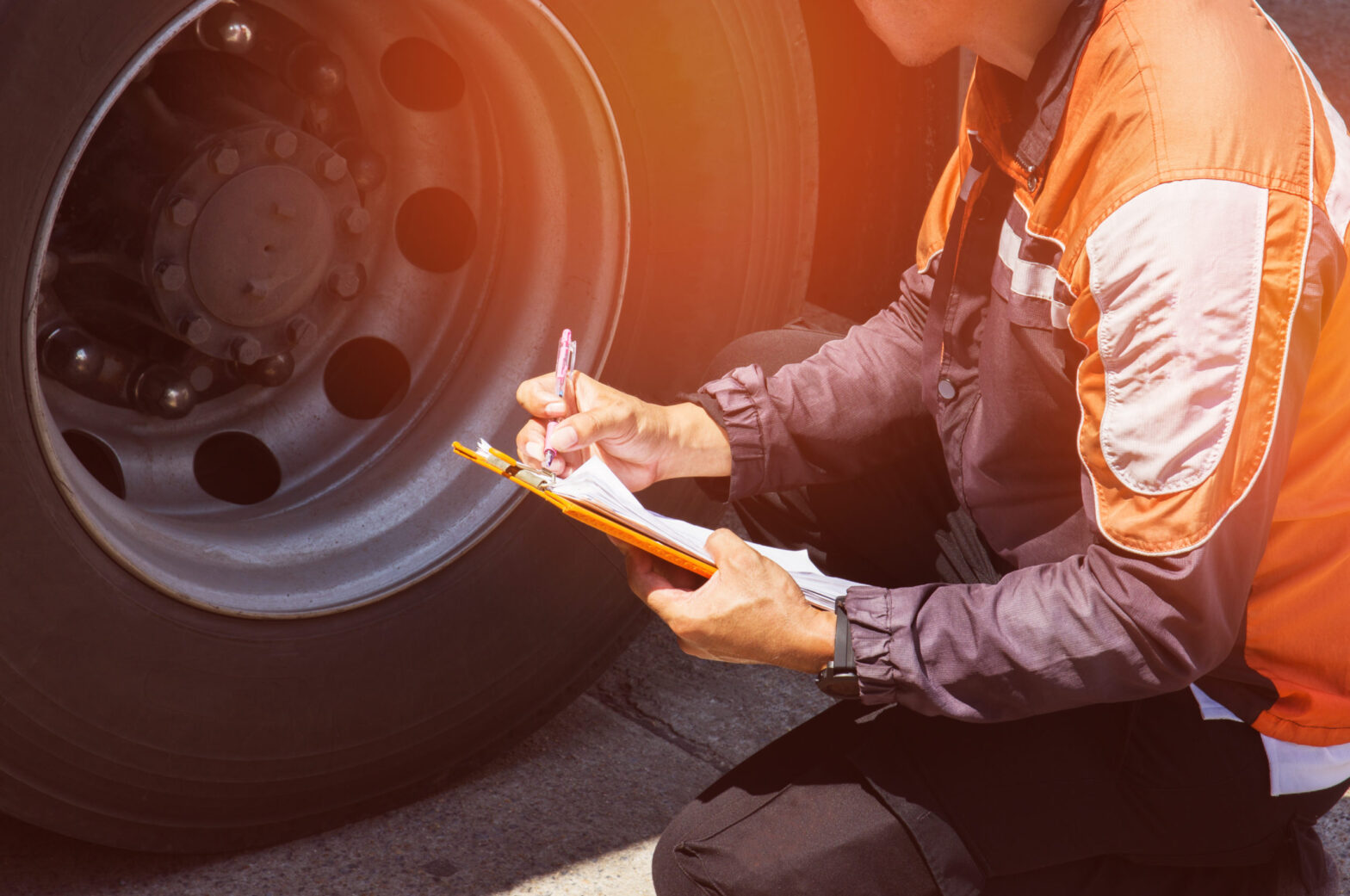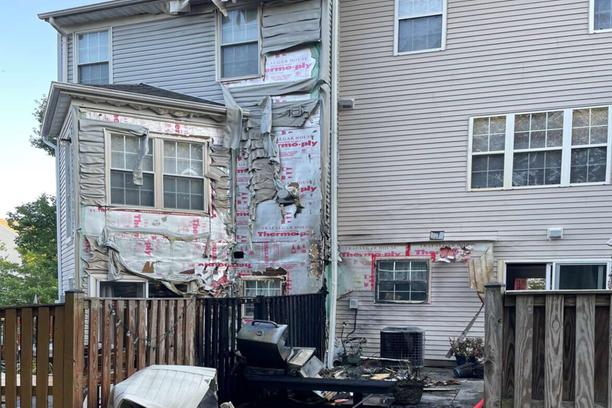Maintenance and Safety Tips for Propane Delivery Fleets
Facing Weather Challenges with Maintenance and Safety Propane delivery fleets often encounter weather challenges impacting operations, safety, and vehicle maintenance. This article will provide valuable tips to help you prepare your propane delivery fleet for adverse weather conditions, ensuring both safety and efficiency as they get the job done. 1. Vehicle Maintenance Regular vehicle maintenance… Continue reading Maintenance and Safety Tips for Propane Delivery Fleets



